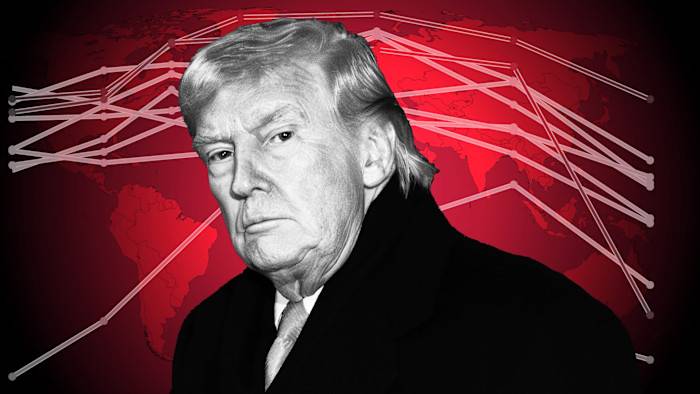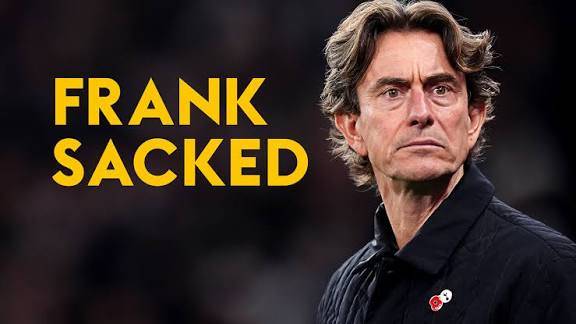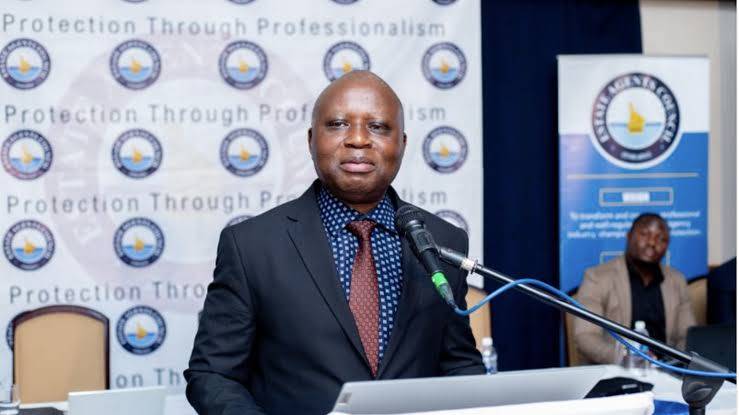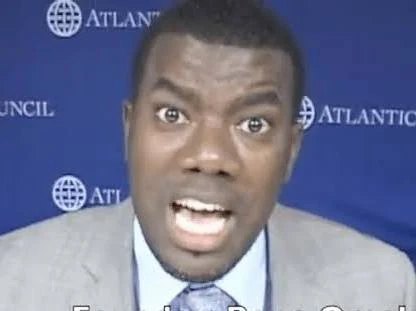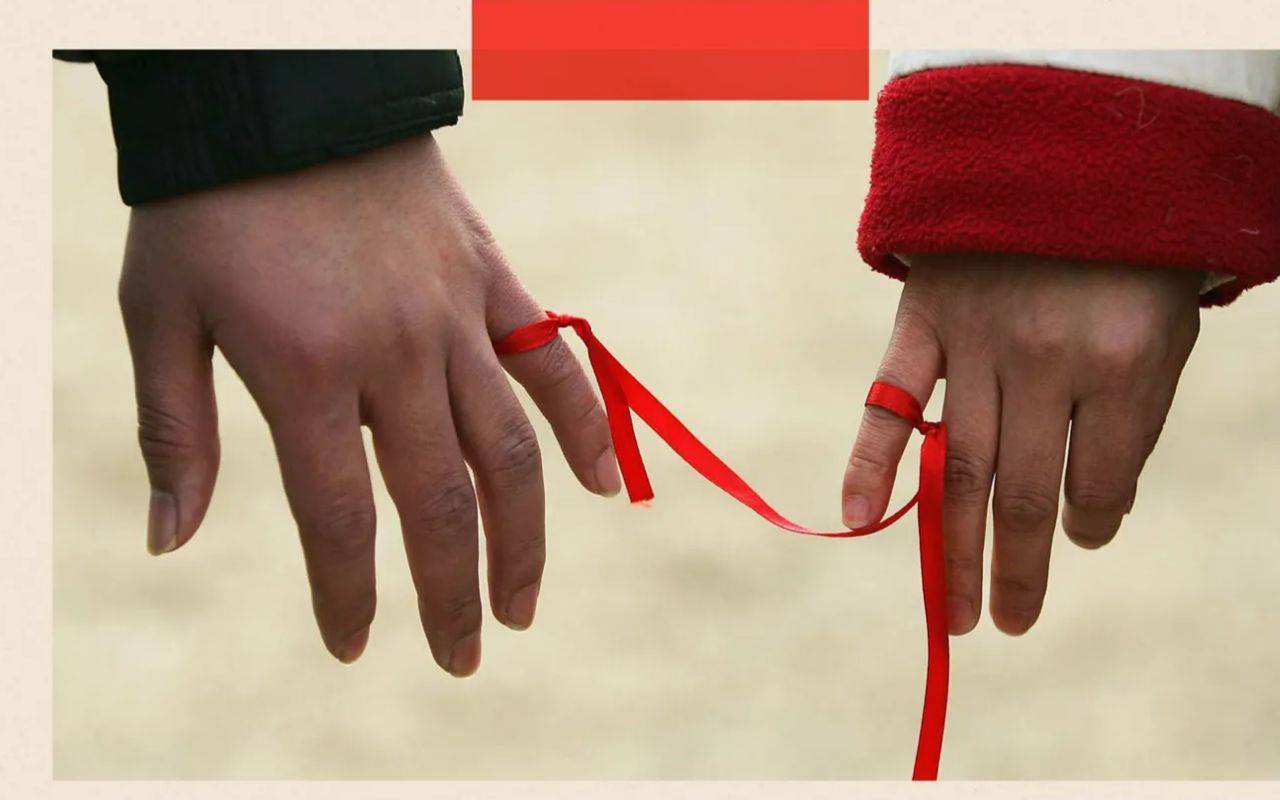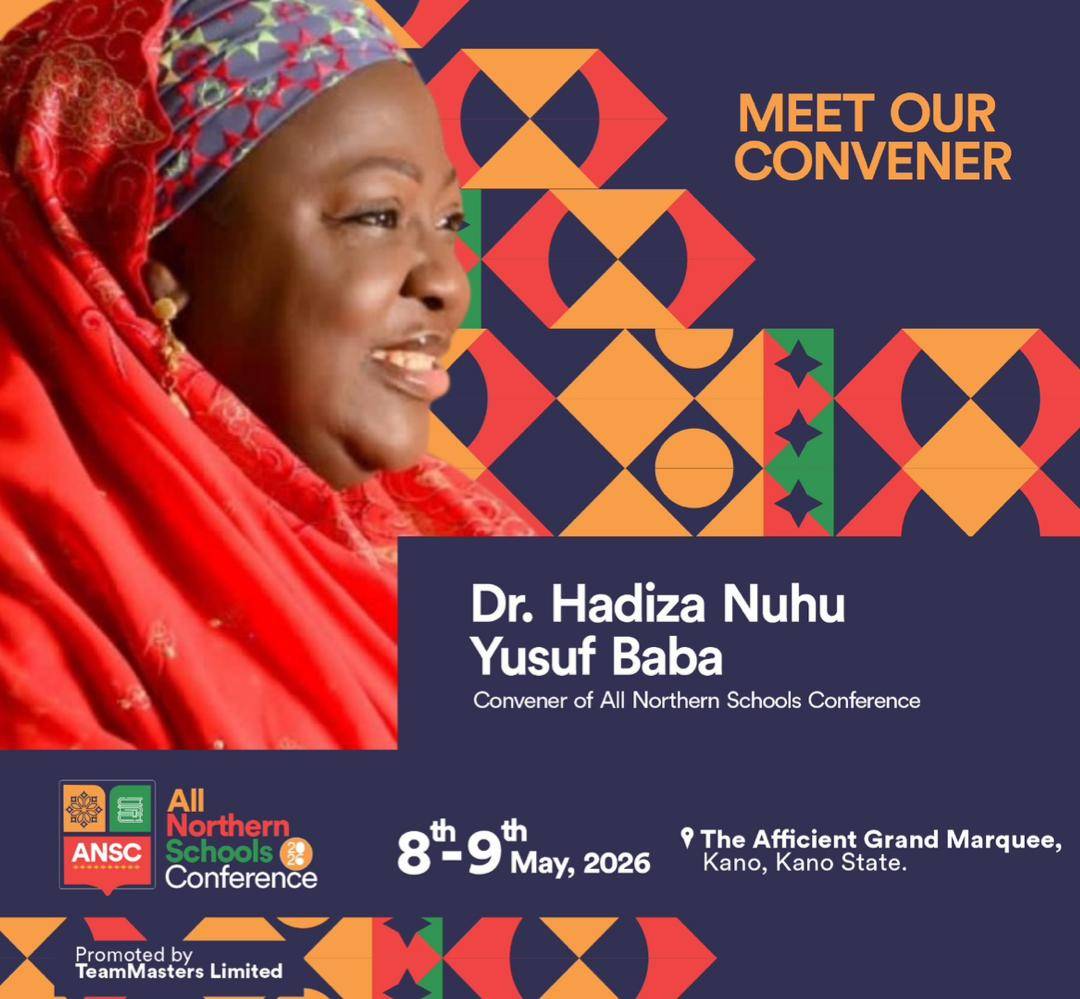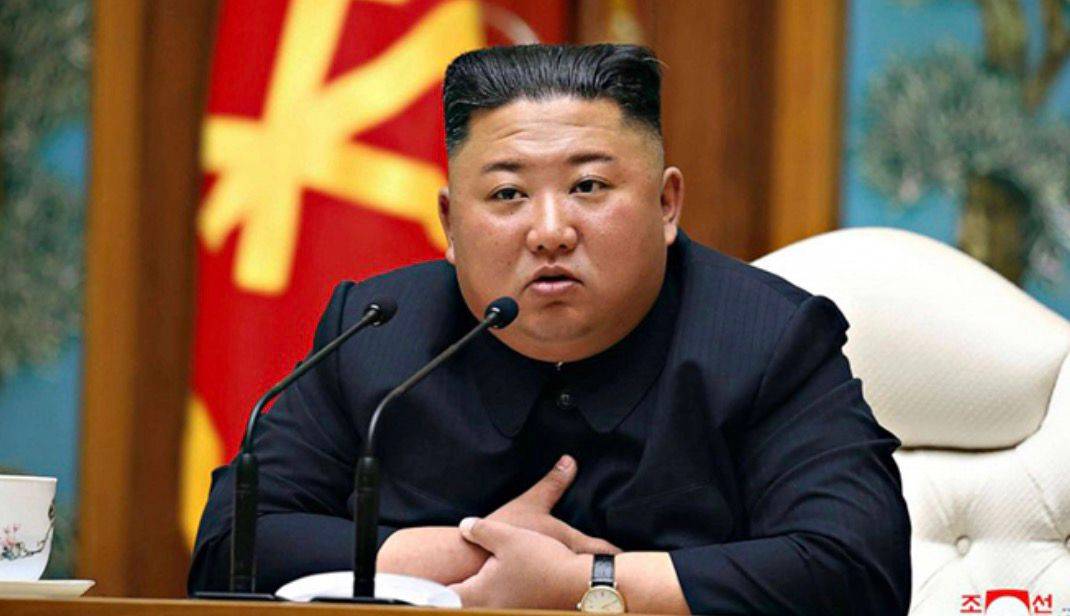By Sam Omatseye
Some of them are coming out of the woodwork. For instance, Ebun Adegboruwa has written to the IGP on behalf of a shadowy group, Take it back Movement. The other guy nestling in the United States, Sowore, swore from the comfort of his precinct. Adegboruwa wants the protest. He wants it so bad because of an injured ego. He is hurting, and has been hurting for a long time, especially after his own EndSars debacle when he saw shadows and called them deaths, and he wanted to turn apocrypha into fact, and he loathes the fact that he has been in silence ever since.
So, for him and others like him, it is about revenge. He is trying to pose, just like Sowore who swore, that they are the real organisers. They are opportunists trying to be the face of an anonymous rabble squirming in the social media, most of them outside the country and hustling in the underside and nether class of western societies and some African countries. Adegboruwa should tell us if Take It Back Movement is legal, and who are the people behind it? What has happened to their bank account? Is it still frozen? Who funded it during the EndSars and who is funding it now? One call for freedom of expression demands another. We need to know. This is the quid pro quo of democracy. That movement does not bode well for sanity on the streets.
Men like Adegboruwa and Sowore are also naïve because they think they own a good measure of the threats we see on the internet. They see their own part as constitutional guarantees of freedom of expression. If they are clever enough to know that most of the triggers are anarchists, then they may serve as conscious decoys. This makes them lawful citizens while providing an atmosphere for a tranquil protest to fall into the hands of hoodlums.
Hence, the IGP needs to extract a guarantee from him and his group that their so-called protests will not careen into chaos. Of course, he cannot guarantee. Endsars began in innocence and ended as tragedy. The IGP also should investigate Take it Back Movement, and go back to its history.
We are still suffering the scars today, especially those of us who reside in Lagos. We don’t want that again. As Marcus Cicero wrote, “To stumble twice against the same stone is a proverbial disgrace.” Go to Oyingbo and see the many buses now prostrate. Ask the police officer whose eyes were gouged. Ask TVC who has not reclaimed their torched newsroom. Ask investors who have limped out of business. Ask any of the EndSars organisers if they anticipated a fellow now in detention would be bullying his men to burn down the zoo, which he calls Lagos. So, let us not pretend we don’t know how these unfold.
Because I called the organisers cowards for being faceless, men like Sowore swore and Adegboruwa roared to validate a seething mob. Adegboruwa, as a lawyer and sometimes brilliant SAN, knows the difference between what is constitutional and what is subversion. Let him address the demands, like the call for the end of the 1999 constitution, if that is not anarchy. Or the #endtinubu, if that is not a potential death knell of the Fourth Republic. Many of the protesters are not angry about hunger but have hunger for another nourishment: anarchy.
There is a protest and there is an insurrection. Both are not necessarily the same. What happened on January 6 in Washington was not a protest but an insurrection. The widespread use of the term misses the tenor and intent of the organisers. January 6 started as a protest but exploded into an insurrection with wild men gunning for the head of the vice president and speaker of the House of Representatives. Before that, Donald Trump fired out his damnable rhetoric: “fight like hell.” And the rabble obeyed.
People forget that a fragile democracy bears the fruits of its own suicide. History has shown that democracies have destroyed themselves, dating back to the Ancient Greece. In north Africa, an election overthrew a democracy. Before that, we witnessed it in the 20th century in Spain, Italy and Germany. Hitler was elected and galvanized it into a totalitarian sweep dissected and lamented by Hannah Arendt in her great tome, The Origins of Totalitarianism, voted by some of 20th century’s best work.
Protests have done good for the world, even in societies weighted down by tyrannies. It was protest that brought democracies to many societies, that led to women suffrage, gave us Luther King Jnr and his fight for black equality. We see Luther’s efforts even now in the Olympics, like Simon Biles exploits and acclaim, that led the world to recognise Soyinka’s genius and reward him with the world’s top prize, that emboldened Ghandi to flush out the British in spite of Churchill’s ache.
Many who call revolution ought to know that revolutions, especially of the sudden types have done the world no good from the beginning of time. The best societies are those that thrive on incremental reforms. The French Revolution started with all the great eclat and fortitude of youth. Even poet Wordsworth from England crooned, “Bliss it was that dawn to be alive/ to be young was very heaven.” Heaven was the last thing on their minds when slaughter and the guillotine swept the French capital. As great conservative Edmund Burke predicted, a despot would take over, and pin-sized soldier named Napoleon bestrode not only France but the whole of Europe with his authoritarian ethos. Russian Revolution sterilized the country and several others for generations until the epiphany of Gorbachev. It made the soviet empire a first-class military but a third world economy. Cuba had theirs with Castro but the country still wobbles in the twilight of the 1960’s. Perhaps the most telling was the year 1848 when across Europe boiled with revolutions, especially against monarchies. All of them failed. An observer remarked that it was a “turning point that did not turn.” It was an anticlimax for liberal minds. They wrought destructions but no progress. Such revolutions lead countries to start over and re-enact as, Hegel feared, the class conflicts that ignited that battle in the first place. It is like Shakespeare’s play, All Labour’s lost. What we see is that specialists become madmen and madmen become specialists, apologies to Wole Soyinka. In that play, Madmen and Specialists, Soyinka warns against the self-congratulations of men and cliques who mistake their views for the views of everyone and seize their rights by pretending to act on their behalf.
In Britain, 1848 only witnessed mild protests. Yet, as Fareed Zakaria writes in his perceptive new book, Age of Revolutions, Britain remains a model for all nations as a democracy without revolutions. It learned from the years of Cromwell and the savageries of the beheadings that led to wars and no progress. When it chose reforms, it saw progress and it has enjoyed this since the 1680’s.
I have no objection to protests. After all, countries like Spain, Italy, Hungary, Germany, Austria learned from 1848 that if they had protests and not revolutions, they could have grown to the same perch with Britain.
The problem with the moment is that a section of the opposition has little value for democracy and would elevate malice over peace. The Adegboruwas concern us but only to the extent that they want to give, by default or willfulness, a gloss of legitimacy to imbecilities in the name of protests. We can parade ourselves as urbane but capsize our urban areas. We cannot be in bed with goons but breed bedlam.
If you want to overthrow a democracy, does that make you a democrat? If you say #Endbadgovernance, it is fair enough. You can end bad governance by calling for specific rights and amends. But when it involves throwing out the constitution, then it is not protest but subversion. When you say #EndTinubu, you are calling for the overthrow of democracy that some so-called Obidients did when they yelled for the army. They are the Samsons of this era who would pull down the house with them.
Yet, the Tinubu administration must learn some lessons. The season is not all negative. The pains of the moment can yield good in the end. As Samuel Johnson noted, “the equity of providence has balanced peculiar sufferings with peculiar enjoyments.”
One, if President Bola Tinubu’s message of reforms is not getting through, it is for two reasons. First, that there are persons who are incorrigible. Like Paul said, “if our gospel be hid, it is hid to them that are lost.” Nothing to do about that. The second is that some of his storytellers, especially the ministers and department heads, are mute and acting like mere bureaucrats while they should serve as the evangelists of Tinubu’s policies. Most of them are failing and partly responsible for the gulf between policy and appreciation.
Two, the grassroots policies like student loans credit schemes and local government reforms should be calibrated with transparency. Day by day reports of benefits and beneficiaries ought to be in the eyes and ears of the people.
The fight for freedom is not piecemeal, it is a sustained struggle. As Russian writer Maxim Gorky wrote, “the only people who deserve freedom are those who are prepared to fight for it every day.”
We are a feisty society, and we cannot be governed by being blasé about what we are doing. I expect the whole so-called protests thing to be an anticlimax, but vigilance is the biggest asset the government needs to make it so.
Culled from The Nation



